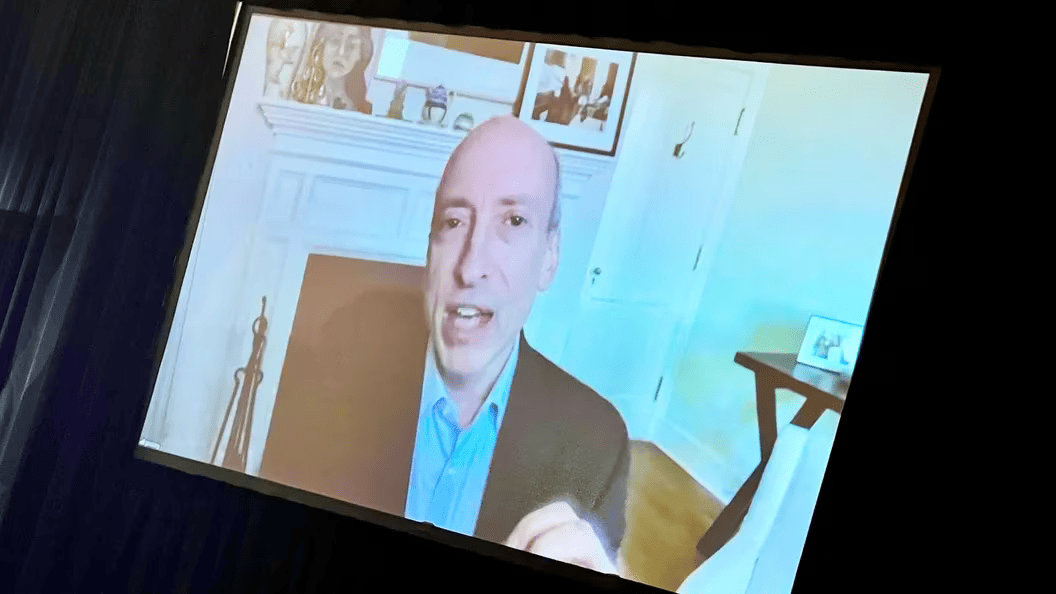
Amidst the ongoing strikes led by the United Auto Workers (UAW) against Detroit’s automakers, the union’s leader, Shawn Fain, has emerged as a bold and confrontational figure. His stance reflects the frustration of workers who contend that they have faced hardships for years while the automakers have reaped billions in profits. Fain’s demands for better pay and benefits have been audacious, embodying the spirit of resistance that characterizes these strikes. However, as the strikes persist, questions are beginning to surface regarding Fain’s strategy and whether he has a clear plan to bring the strikes to a successful resolution.
Shawn Fain has positioned himself as a resolute advocate for the workers, campaigning on promises to break cooperation with the automakers. He has declared a figurative war on these companies, arguing that profitable corporations have failed to restore the concessions union members made during the 2008-2009 Great Recession. Fain’s demands have been comprehensive and unyielding, encompassing substantial pay raises, the reinstatement of traditional pensions for workers hired after 2007, and the ambitious proposal of a 32-hour workweek for 40 hours of pay.
The strikes, which initially began with 7,000 workers at a single factory for each of the major automakers, have since grown in scale and intensity. They now involve 34,000 workers at six plants and 38 parts warehouses. While the automakers have made efforts to address the concerns of the striking workers by offering improved pay raises and other concessions, the high expectations set by the union leadership, particularly Shawn Fain, present a formidable challenge. Analysts and observers are left to ponder whether Fain can secure a deal that satisfies the members of the union and whether he risks a personal setback if the final agreement falls short of expectations.
Fain’s strategy in these labor negotiations has been distinctive and characterized by public confrontations with the CEOs of the automakers. His approach also includes a commitment to transparency in the negotiation process. Thus far, his strategy has yielded some significant successes. The companies have come forward with substantial pay increases and other benefits, a testament to Fain’s effective leadership in mobilizing the workers and exerting pressure on the automakers. However, Fain’s unwavering demands for more substantial raises and further improvements in benefits continue to be a point of contention in the negotiations.
The article underlines the significance of the ongoing negotiations and the pivotal role played by Shawn Fain in these labor disputes. The central question revolves around whether Fain can successfully broker a deal that satisfies the aspirations of union members while addressing the concerns of the automakers. The stakes are high, and the outcome of these negotiations will undoubtedly shape the future labor landscape in the automotive industry.
The strike led by the UAW against the major automakers in Detroit has garnered widespread attention, not only for its scale and intensity but also for the leadership provided by Shawn Fain. As the confrontation between labor and management unfolds, the entire industry is closely watching to see whether Fain can effectively balance the demands of the workers with the realities of the automotive business. The negotiations may very well be the turning point in the relationship between labor and management in the American automotive sector, and the resolution, or lack thereof, will have far-reaching implications for all parties involved.
Thank you for entrusting us as your source of information. Together, we aim to shape a world where knowledge transcends borders and unites us all. Stay focused, stay informed, and let’s make our world a better place, one story at a time.



